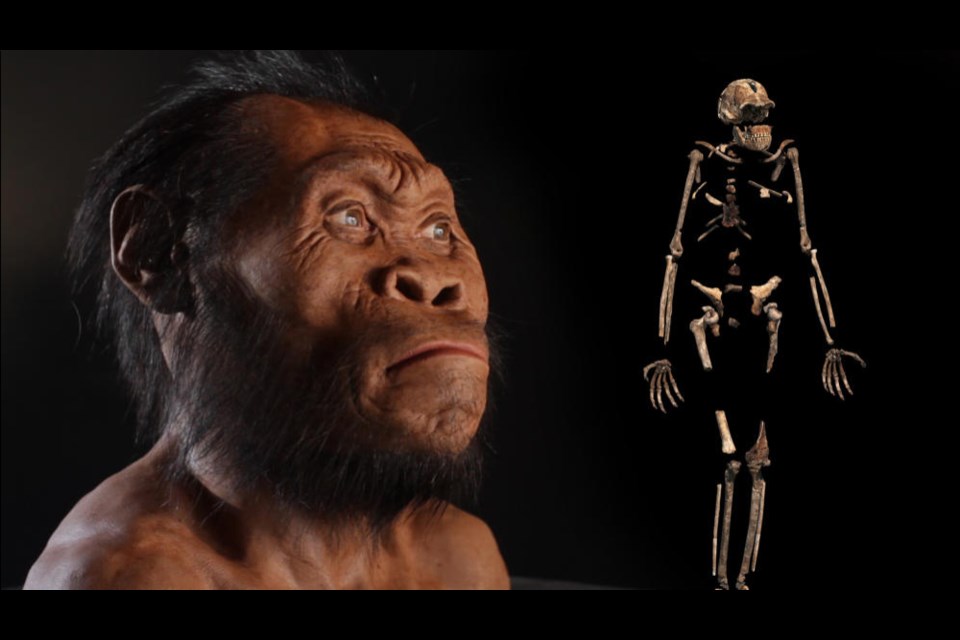THUNDER BAY -- Matthew Tocheri, a Thunder Bay-based researcher, played a role in a major discovery related to the human family tree.
A global group of scientists announced on Tuesday that a species whose remnants were discovered in a South African cave in 2013 was alive a few hundred thousand years ago.
The finding is significant because this is the first time it has been demonstrated that another species of hominin survived alongside the first humans in Africa.
The surprisingly young age of Homo naledi opens up more questions about where humans came from.
Scientists say the fossil remains have primitive features shared with some of the earliest known fossil members of our genus, species that lived nearly two million years ago. However, they also share some features with modern humans.
Experts had predicted that the fossils would prove to be around the age of other primitive species, but analysis has shown they are barely more than one-tenth that age.
The researchers also disclosed the discovery of a second cave, about 100 metres from the first chamber, with more Homo naledi fossils, providing more support for a controversial hypothesis that the creatures deliberately disposed of their dead in these remote, hard-to-reach caverns.
Tocheri, Canada Research Chair in Human Origins and an assistant professor at Lakehead University, helped to analyze wrist and hand bones from the remains found in the second chamber.
Tocheri's earlier work on the wrist of Homo floresiensis, the so-called 'hobbits' of human evolution, received worldwide attention after it was published in 2007 in the journal Science.
Team leader Lee Berger of The University of the Witwatersrand in Johannesburg, South Africa, says the findings announced on Tuesday mean that "we can no longer assume that we know which species made which tools, or even assume that it was modern humans that were the innovators of some of these critical technological and behavioural breakthroughs in the archaeological record of Africa."
"If there is one other species out there that shared the world with modern humans in Africa, it is very likely there are others. We just need to find them," he said.
